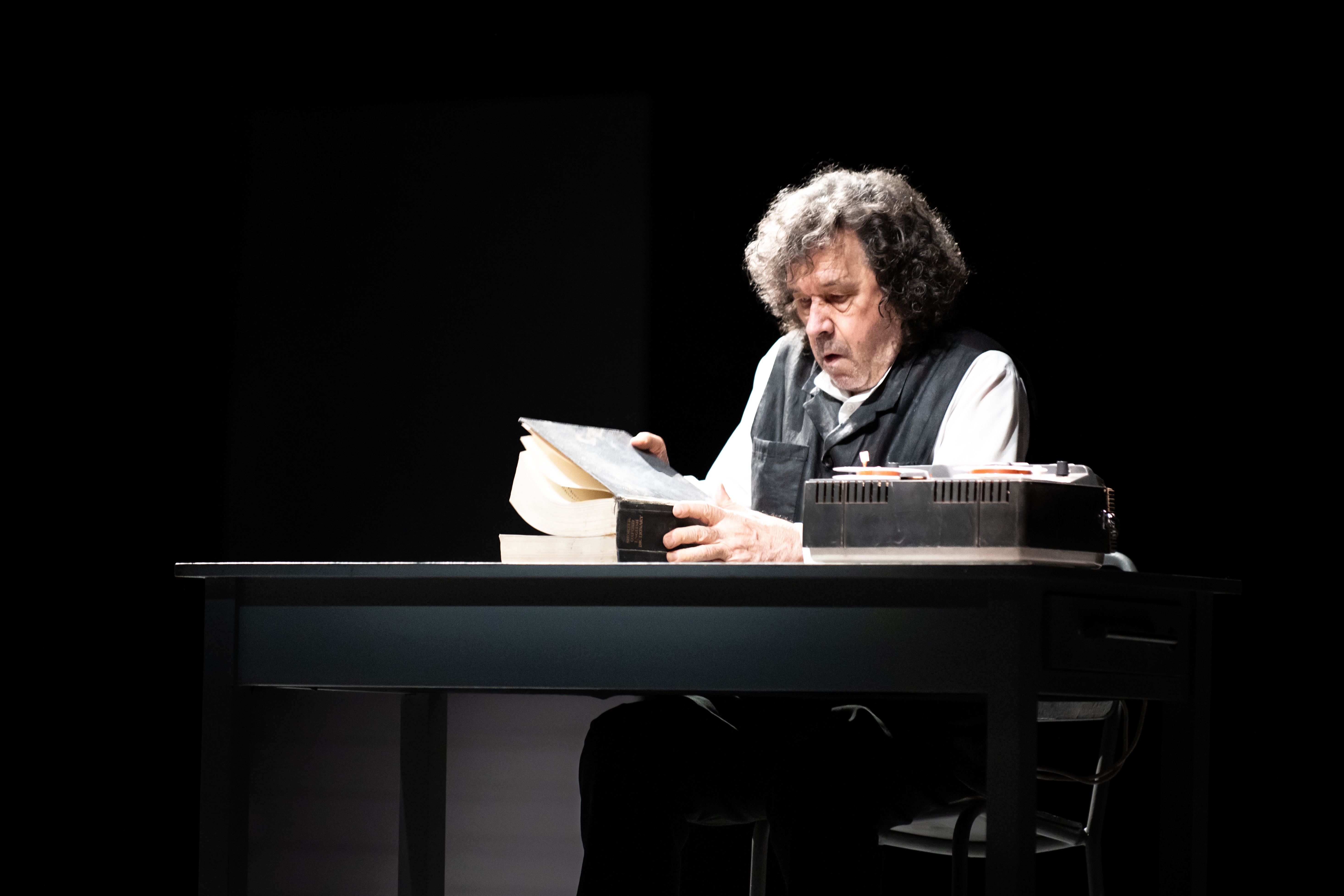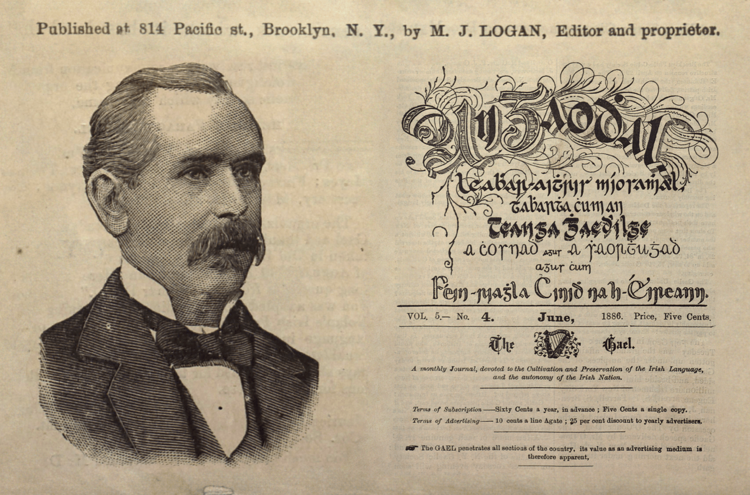The beginning of our theatre’s season appears to be brimming with Beckett, from Broadway to the Bowery. I can’t imagine why. Maybe it’s the playful fatalism, or the inexplicable endurance at the brink of oblivion, or that undefined ceaselessness of the purposeless, modern world that draws a certain companionship to the acrid tangents of Beckett. It could be the unfamiliarity with the ordinary in Beckett’s lives—if you can call life a plot—which suddenly attracts theatergoers to reflect on their new normal, in a state of being beyond progress. Maybe New Yorkers just relate to confined spaces.
Whatever the reason, if any, there will be sufficient chances for those looking to patronize the reluctant bard of postmodernism, who, if Beckett doesn’t suit your fancy, is still less nightmarish than your TikTok algorithm. At least with Beckett, when the point of his speech defies comprehension, you know you are getting what you paid for. This city never knew such silence.
Want a true contradiction? How about Beckett on Broadway, where frivolous commercialism meets the faceless abyss. On through Jan. 4 is Jamie Lloyd’s long anticipated and interestingly debatable production of “Waiting for Godot,” starring “Bill and Ted” guys Keanu Reeves and Alex Winter at the Hudson Theatre. Intonations of levity aside, this version of “Godot” dog-ears a few deviations from the script; since, after all, who would Beckett be if not a kowtowing crowd-pleaser? Beckett surely would have added some shredding air guitar riffs had he copped on to a sponsorship with Fender.
Yet in an admirably concerted endeavor, for those lucky enough to catch another fleeting star on stage, were the tottering and uncanny footfalls of Stephen Rea performing the Landmark Productions’ “Krapp’s Last Tape,” directed by Vicky Featherstone at NYU Skirball Center, which closed on Sunday. Abetted by impeccable and prankish set (Jamie Vartan) and lighting (Paul Keogan), Rea breathes new life into worn verse as Krapp, lending a deep and decimating meaning to the lean days of an otherwise likable man, had he not disposed of his life.
Emulating the outline of Buster Keaton (who himself performed Beckett’s “Film”), Rea scuttles headlong from surrendered vanity, to muffled loathing, to tearful tantrums of grief in searing exceptionality. More notably is Rea’s portrayal of young Krapp, recorded 12 years prior—in the hope of one day playing the role—whose worthwhile gamble wounded audiences with the cruelty of his self-conceded contempt. Exemplifying the sincerity of Beckett beneath the maudlin veneer is Rea’s condemning clarity: old Krapp’s tragedy lies not in the regret of a younger man’s deplorable arrogance, but of a man fully committed to inhibition, choosing to be Krapp and remaining Krapp year after year. As a cautionary tale to all pretentious writers, Rea’s performance should be replayed often.
On its heels at the Irish Arts Center is the Druid Theatre’s production of “Endgame,” a generational warning sign directed by Garry Hynes and starring Rory Nolan, Aaron Monaghan, Marie Mullen, and Bosco Hogan now through Nov. 23.
Don’t wait until it’s too late. For tickets, visit here.








